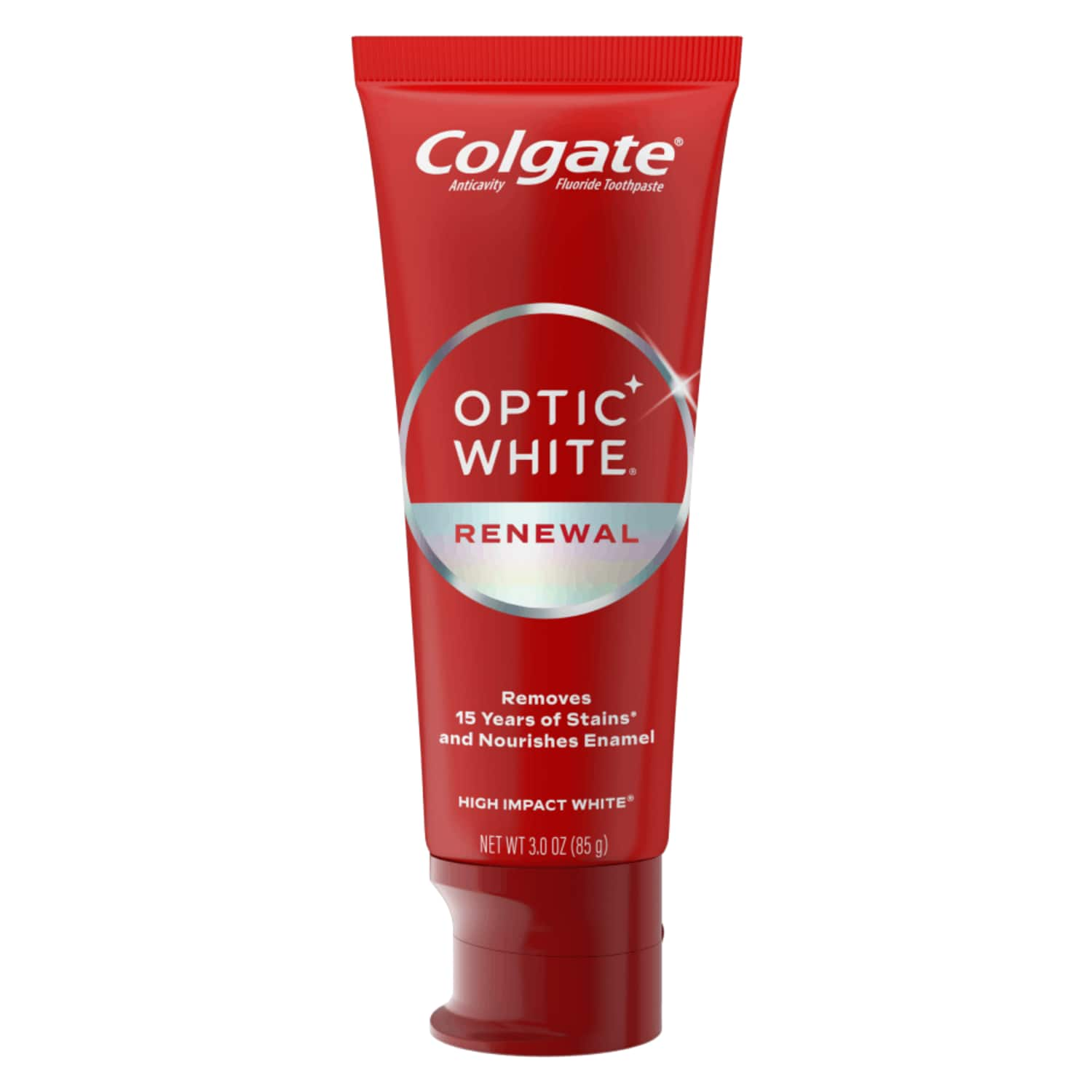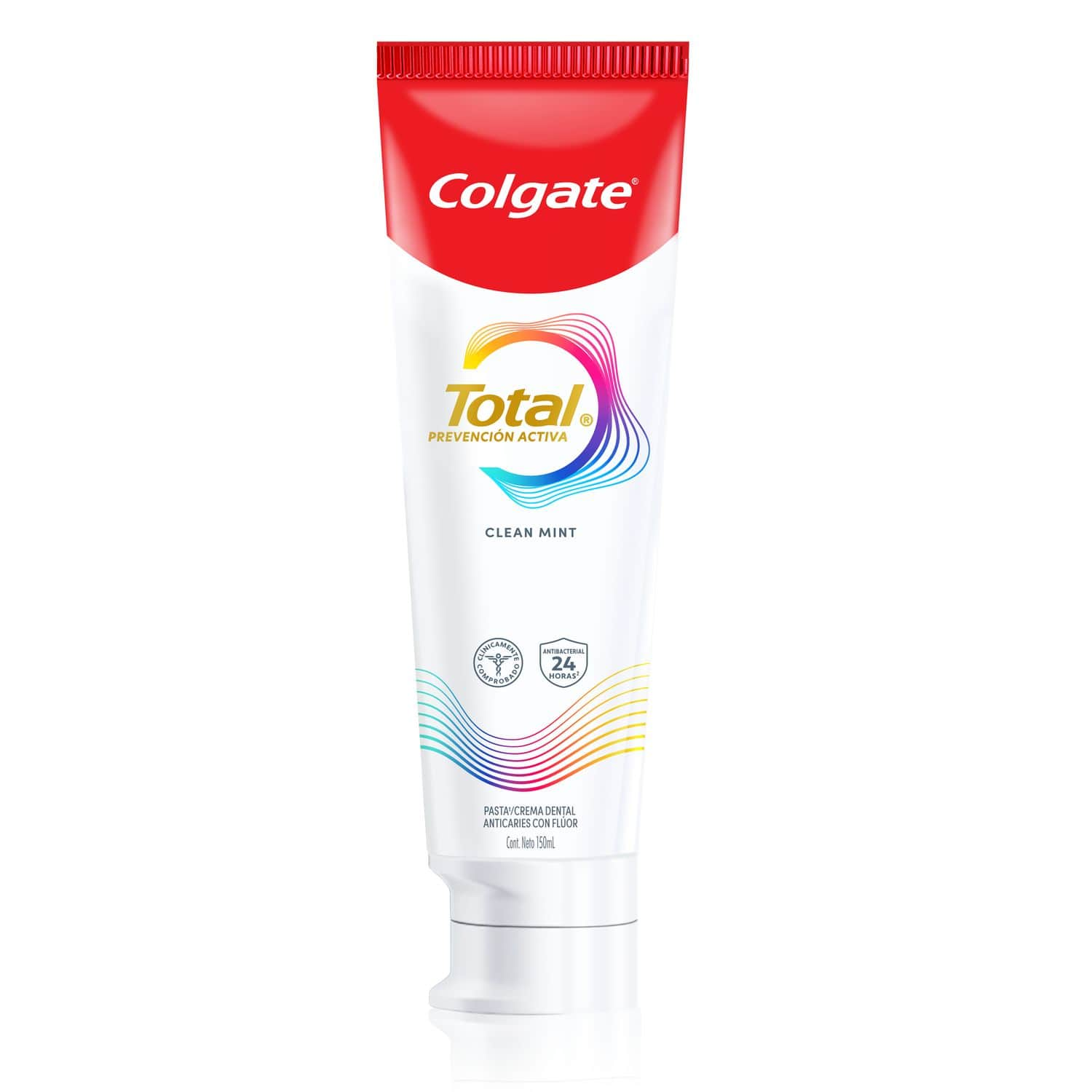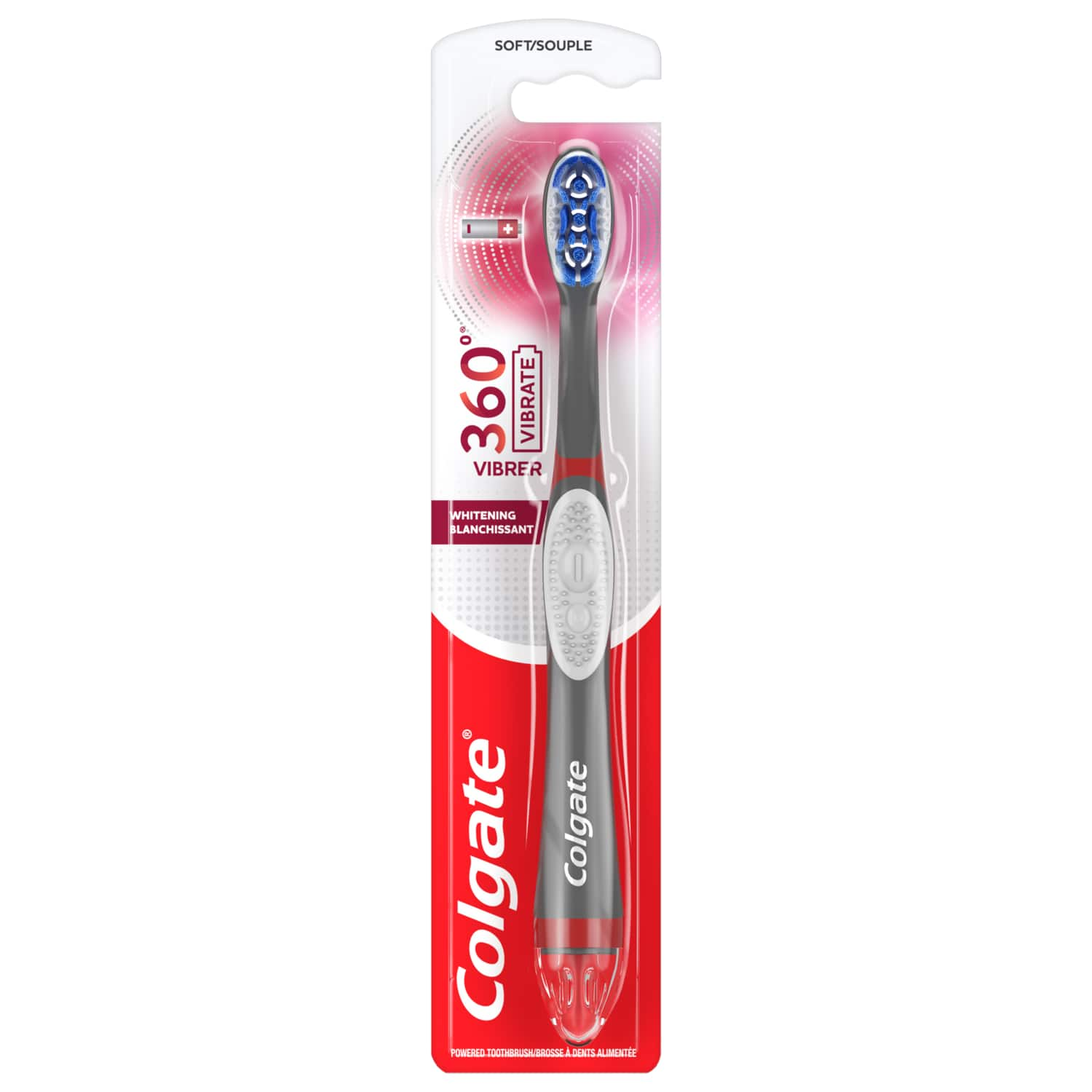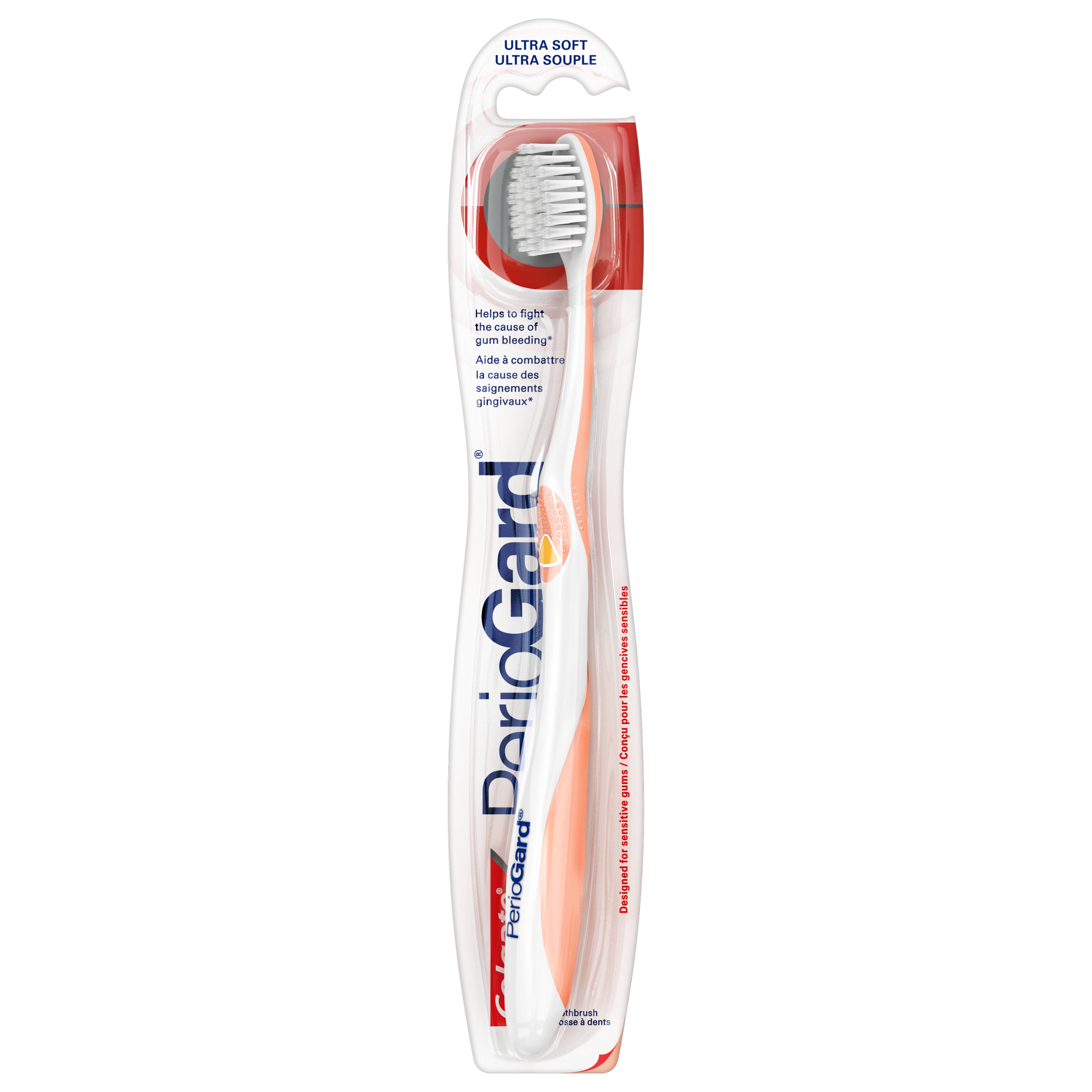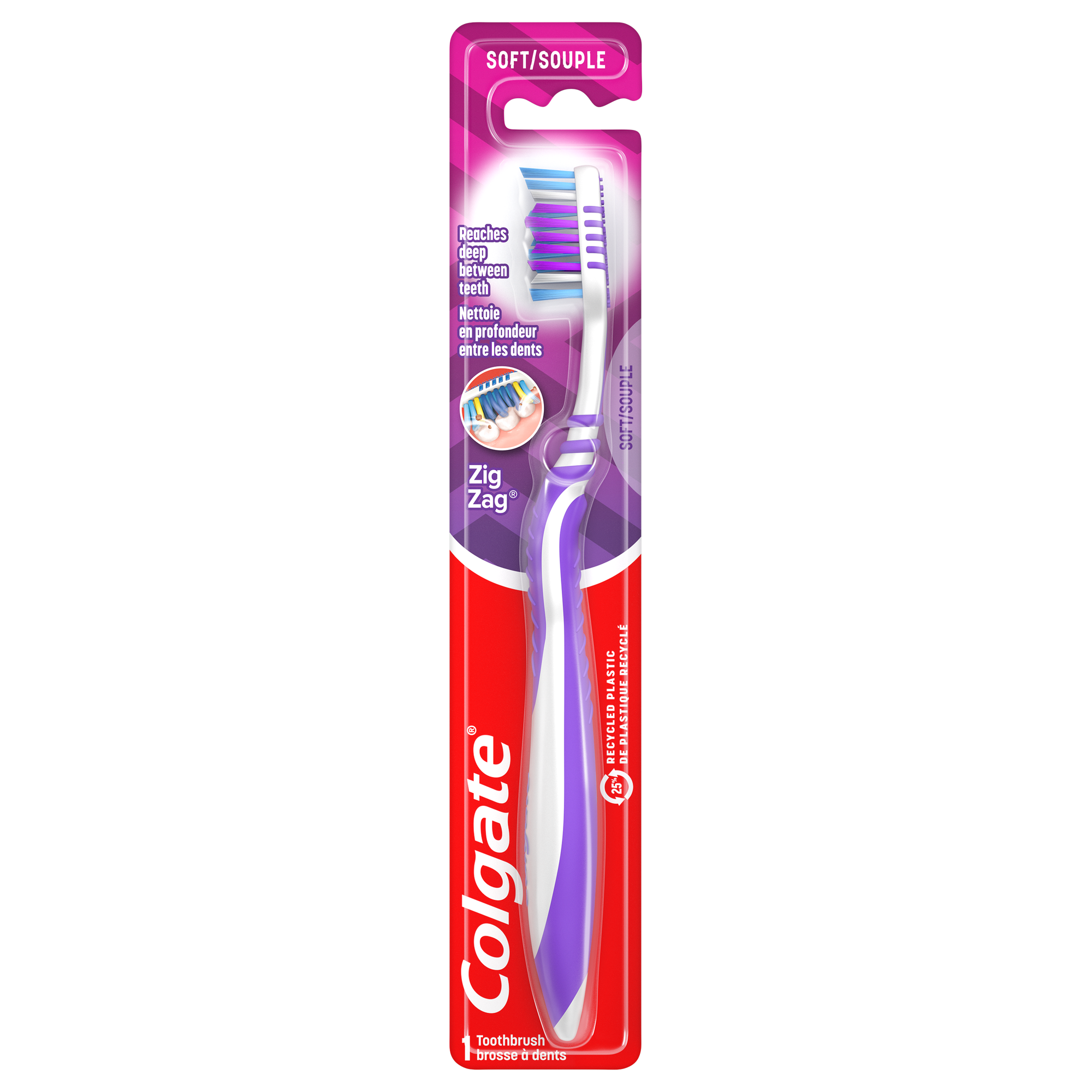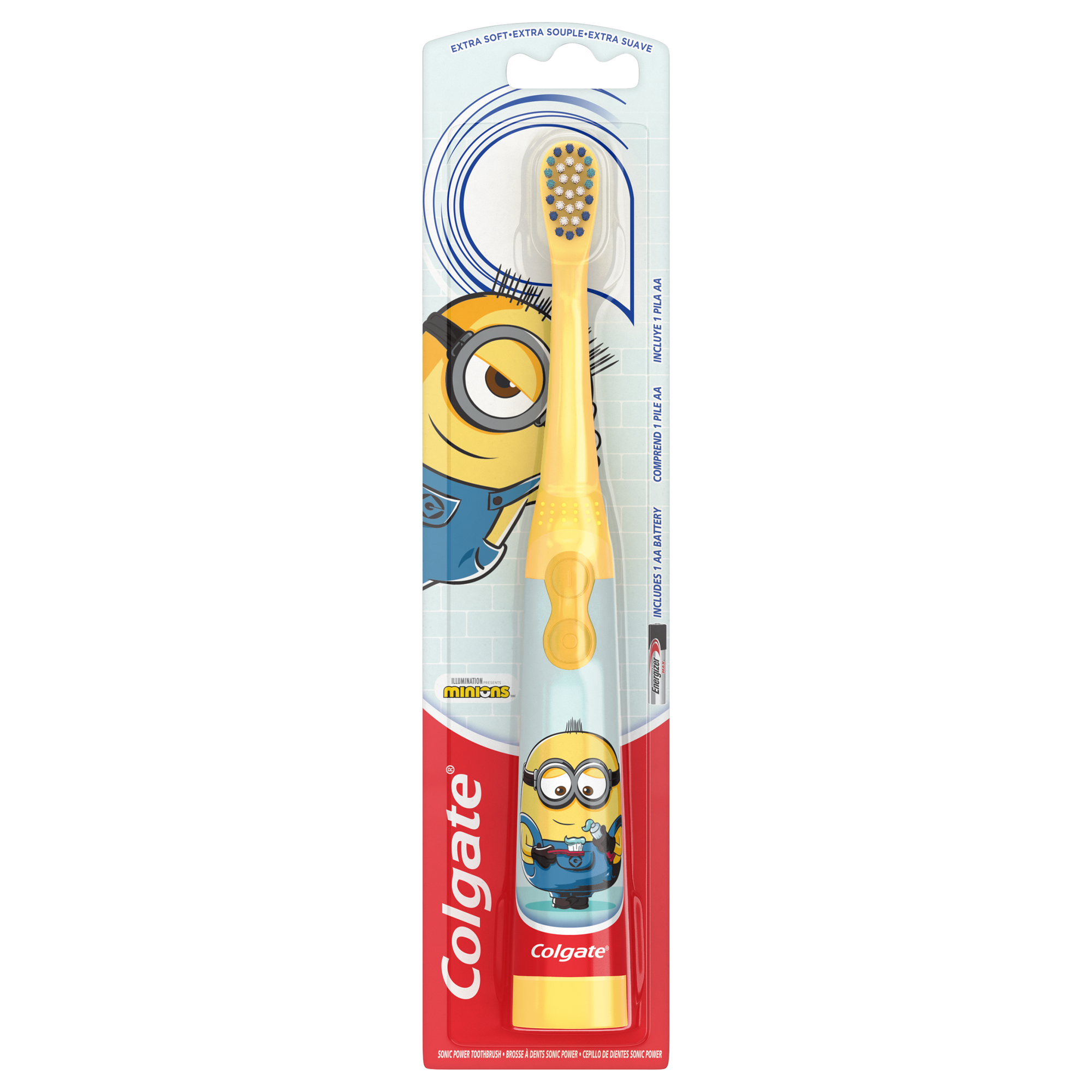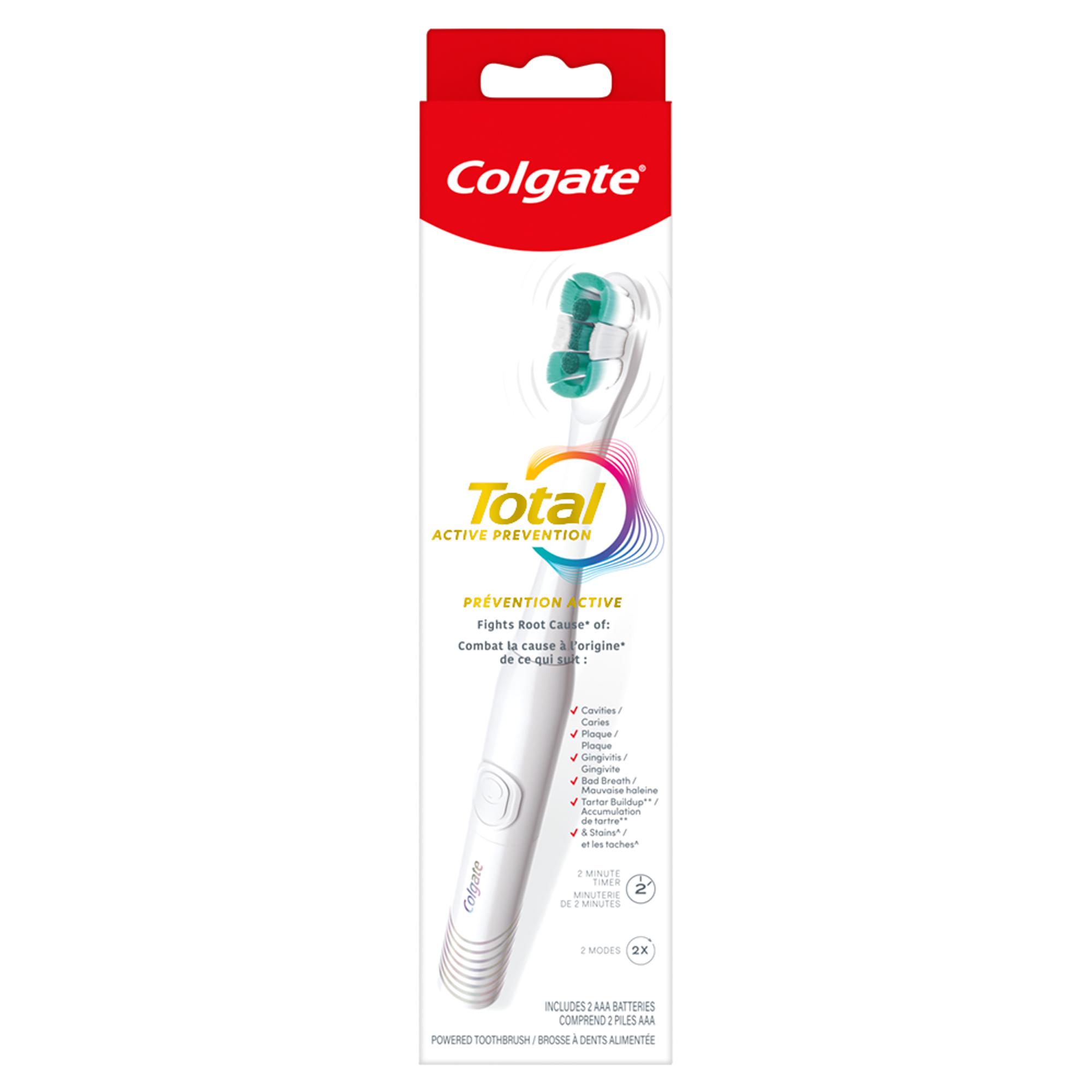If you’ve looked in the mirror and noticed a white coating on your tongue, you’re in the right place. Some details may surprise you about this symptom. We’ve got the scoop on what causes your tongue to look this way, what the underlying cause might be, and what you can do about it.
When to See a Doctor for a Coated Tongue
A coated tongue (also known as white tongue) is a symptom that causes your tongue to appear to have a white coating. This typically occurs when bacteria, food matter, and other dead cells accumulate on your tongue between its papillae (the slightly raised bumps on the surface of your tongue that provide its distinctive texture).
Coated tongue occurs when the papillae of your tongue are raised or swollen, increasing their surface area and allowing debris to become trapped. Your entire tongue may be covered, or just patches or sections of it. You may also notice an unpleasant taste in your mouth.
A coated tongue may be a benign (harmless) results of your lifestyle that could clear up with proper dental care, or it could be the symptom of a serious health condition. We'll discuss this in more detail below.
Causes of a Coated Tongue
A coated or white tongue doesn’t refer to one underlying condition but is instead a symptom produced by many potential causes. No matter the cause of your coated tongue, improper dental care and poor diet will worsen your symptoms and increase your likelihood of developing other dental problems in the future.
According to the Mayo Clinic, risk factors that may increase your likelihood of developing white tongue include:
- Poor oral hygiene
- Dry mouth
- Dehydration
- Smoking or chewing tobacco
- Mouth breathing
- Irritation or trauma, e.g. from sharp tooth edges or braces
- Excessive alcohol consumption
Coated Tongue Treatment and Prevention
Because a coated or white tongue is associated with a range of health issues, it can be difficult to diagnose accurately on your own. The appropriate white tongue treatment for you will vary based on its severity and the underlying cause.
Regardless of the underlying cause of your coated tongue, there are some powerful steps you can take that may help prevent or treat it. These symptoms may sometimes resolve on their own if you practice proper dental care and consume a healthy, balanced diet. According to the Mayo Clinic, you should see a dental or medical professional if this symptom doesn’t resolve after a few weeks.
Steps you can take to treat or prevent a coated tongue may include:
- Gently brushing your teeth twice a day with a soft-bristled toothbrush (for a full two minutes each time!) using a toothpaste that contains fluoride.
- Carefully cleaning between your teeth once a day using floss, a flossing device, or an interdental brush.
- Rinsing after cleaning your teeth or after meals using an antiseptic mouthrinse.
- Gently using a tongue scraper to help remove build-up on your tongue.
- Drinking more water and chewing sugar-free gum to combat dehydration and stimulate saliva production.
- Avoiding smoking, tobacco products, and illegal drugs.
- Consuming a healthy, balanced diet that’s low in sugary and acidic foods and drinks.
- Scheduling regular visits with your dental professional at least every six months.
We recommend speaking with your dental or medical professional for their expert insight, especially because your coated tongue may indicate other health concerns that would benefit from attention. Now that you know exactly what coated tongue is and what it might mean for your health, the power is in your hands to do something about it!
ORAL HEALTH QUIZ
What's behind your smile?
Take our Oral Health assessment to get the most from your oral care routine
ORAL HEALTH QUIZ
What's behind your smile?
Take our Oral Health assessment to get the most from your oral care routine
